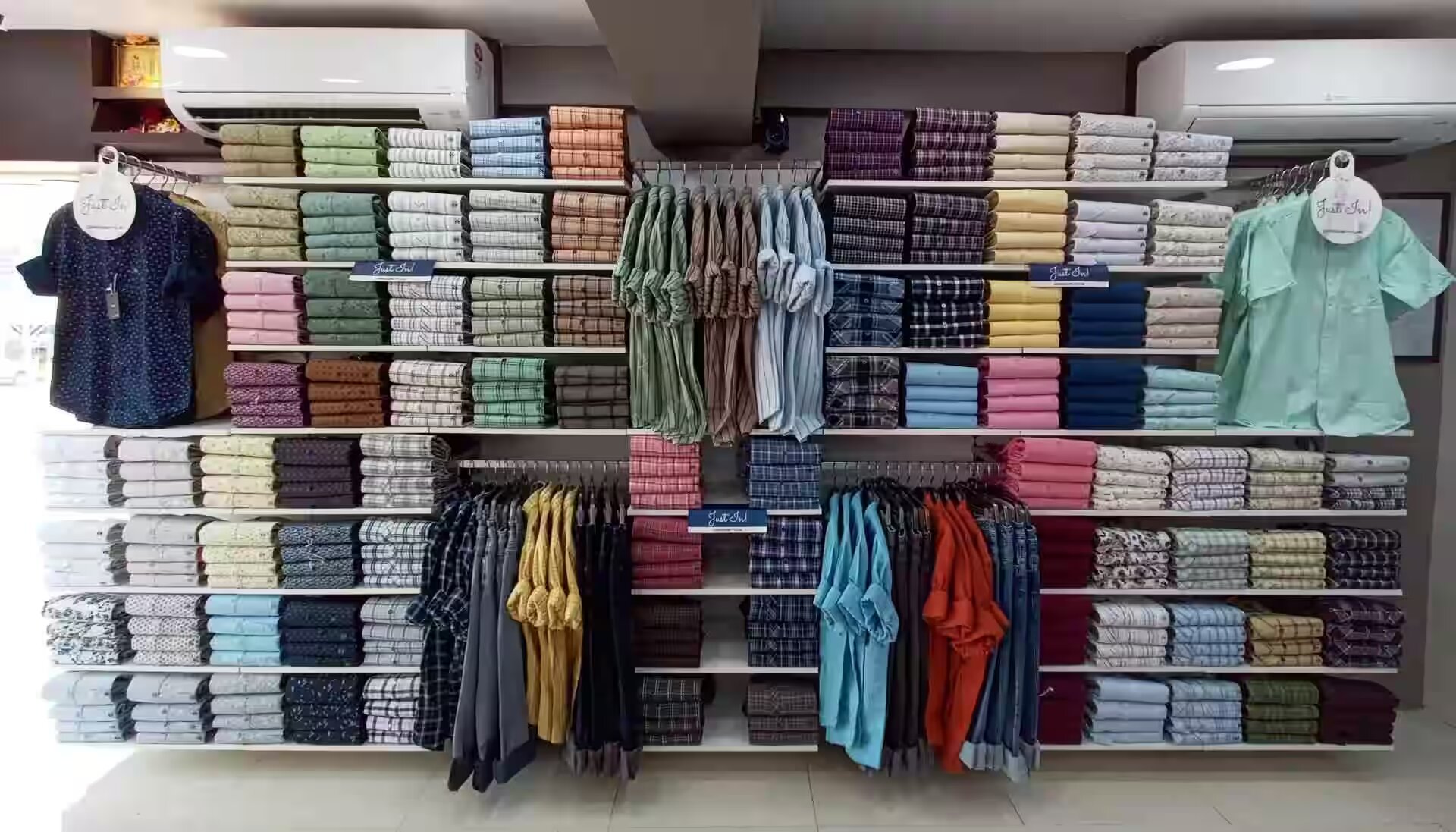In the world of fashion, every step we take leaves an imprint not only on the pavement but also on the environment. As we become increasingly conscious of our ecological impact, it’s crucial to consider the journey of our fashion choices, particularly when it comes to the often-overlooked realm of footwear. In this blog, we’ll explore the concept of “Shoe Strides” — a term coined to highlight the environmental and ethical considerations involved in our footwear choices Trapstar.
The Hidden Impact:
Shoes are more than just a fashion statement; they are a reflection of our values and choices. The production of footwear involves a complex web of processes that, if not managed responsibly, can contribute significantly to environmental degradation. From raw material extraction to manufacturing, transportation, and eventual disposal, the life cycle of a pair of shoes can leave a sizable carbon footprint.
Sustainable Materials:
One way to minimize the environmental impact of our footwear choices is to opt for shoes made from sustainable materials. Look for brands that prioritize eco-friendly materials such as organic cotton, recycled polyester, and cruelty-free alternatives to leather. These materials not only reduce the demand for virgin resources but also promote ethical practices in the industry.
Ethical Manufacturing:
The manufacturing process of shoes can involve harmful chemicals and exploitative labor practices. Choosing brands that prioritize ethical manufacturing practices ensures that the people involved in the production chain are treated fairly, and the impact on local communities and ecosystems is minimized. Certifications like Fair Trade and B Corp can guide you towards brands committed to social and environmental responsibility.
Longevity and Durability:
Fast fashion has conditioned us to view shoes as disposable items, contributing to the global waste crisis. Investing in well-crafted, durable shoes not only reduces the frequency of replacements but also saves money in the long run. Repairing and resoling shoes can extend their lifespan, promoting a more sustainable approach to fashion.
Local Production:
Opting for locally-produced shoes supports the reduction of carbon emissions associated with long-distance transportation. Additionally, buying locally often means supporting small businesses and contributing to the economic well-being of your community.
Second-hand and Vintage:
One person’s discarded pair of shoes could be another’s stylish find. Embracing second-hand and vintage shopping is an eco-friendly way to update your wardrobe without contributing to the demand for new products. Not only does this approach reduce waste, but it also adds a unique touch to your style.
